Steve was right, and I don’t refer to Apple cofounder Jobs, but to an iPhone buyer I met 10 years ago today. He was among the eclectic group of people waiting outside Apple Store Montgomery […]
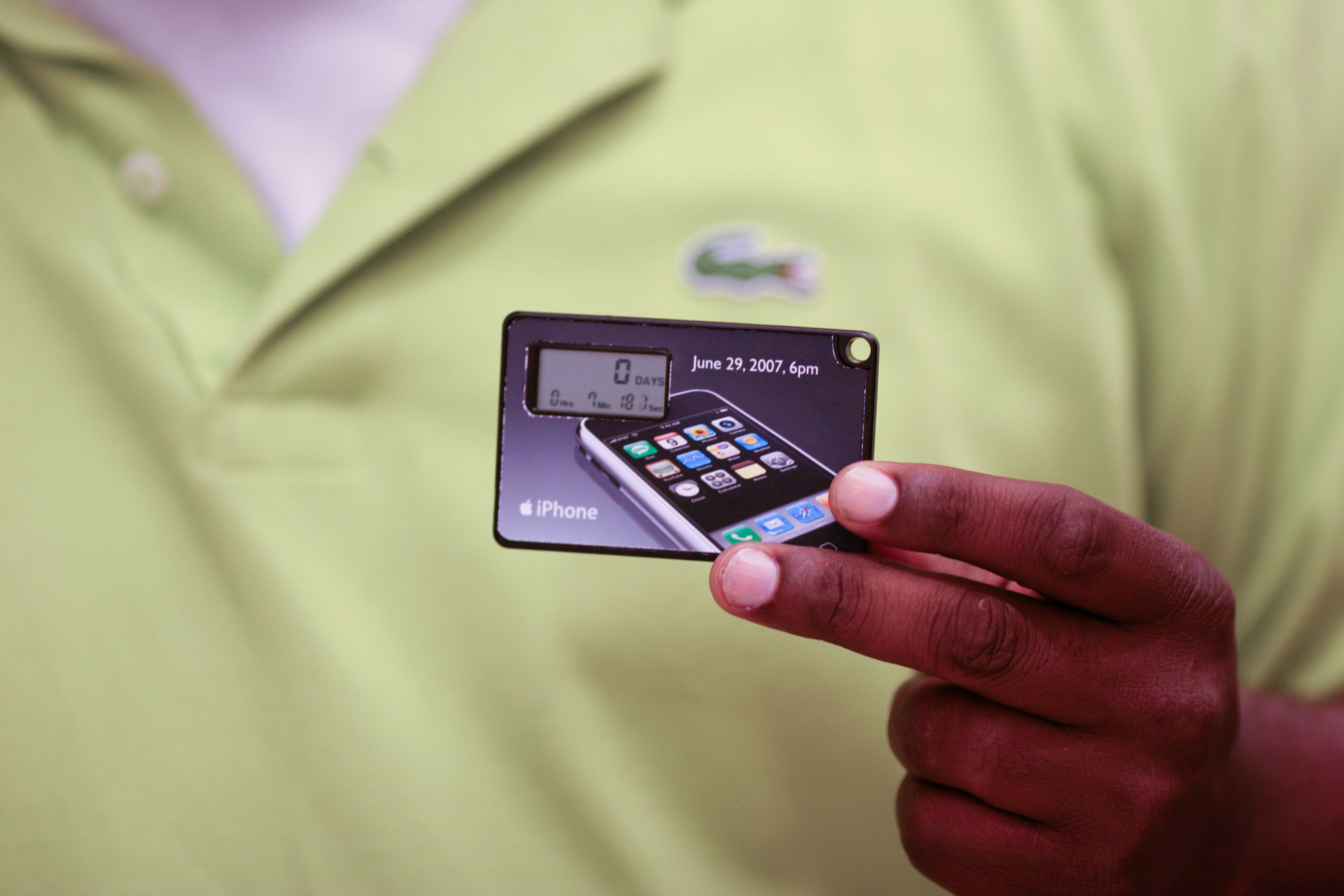

Steve was right, and I don’t refer to Apple cofounder Jobs, but to an iPhone buyer I met 10 years ago today. He was among the eclectic group of people waiting outside Apple Store Montgomery […]

Next week, iPhone is 10 years old; sales started on June 29, 2007. Please see my post about that day—”The iPhone Moment“—and another on the tenth anniversary of the device’s unveiling, “The iPhone Metaphor“, from January of this year. Strangely, I celebrate by abandonment. Twelve days ago, my family switched to Verizon from T-Mobile, and in process I gave up iPhone 7 Plus.
Appropriately perhaps, as I write this sentence, Talk Talk’s “Living in Another World” streams from Tidal. Yeah, that’s me, with respect to iPhone 7 Minus—what I started calling the thing after learning that Apple makes two models, one of which in part is incompatible with Verizon and other CDMA carriers. You want model A1661 and not A1784. Rather than get another Minus, I chose to try something else: Google Pixel XL, which overall user experience is as good and in many respects so much superior.
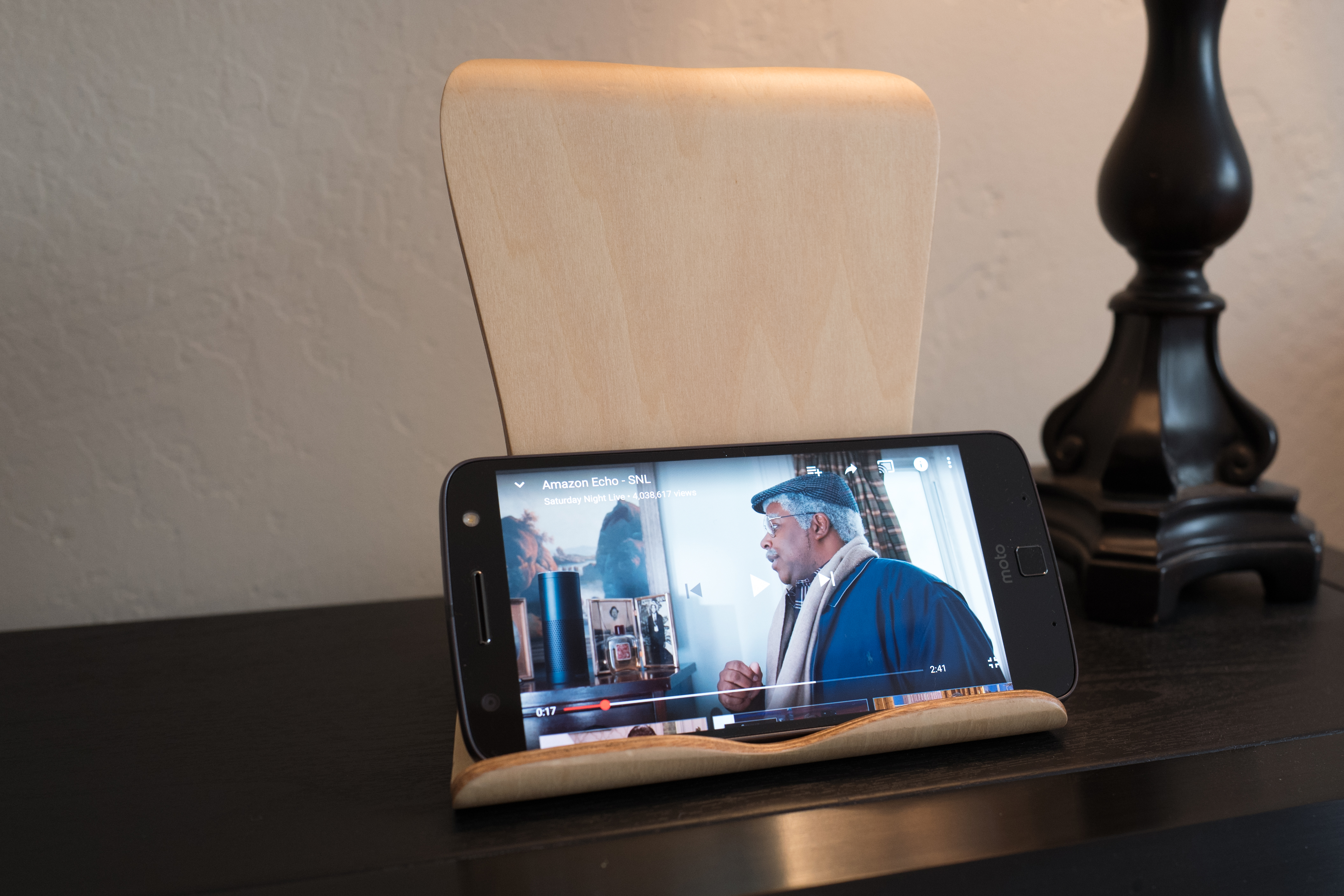
If you asked why the Moto Z Force Droid Edition appeals to me, I couldn’t identify one thing, which arguably is odd considering this is a review. Benefits and features feel finely balanced, which is a hallmark of good product design. Oh, and that satisfaction is for the pure smartphone experience, which is premium by nearly every measure that matters; I didn’t test Moto Mods that expand capabilities.
Lenovo/Motorola and Verizon released the smartphone in July 2016, so this exploration is belated—and then some. Apologies, the delay was necessary. In mid-December 2016, Verizon sent a holiday review package unexpectedly. At the time, my father-in-law’s health rapidly declined—and he passed away about 30 days later. In the months following, as we settled his estate and finalized other matters, I occasionally recharged the battery and picked up the Droid but had no real time to test it. Still, something about how well the Moto Z Force feels and fits in the hand compelled me to handle it. Often. To caress the ridged bezel. To read blog posts and news stories on the beautiful display.
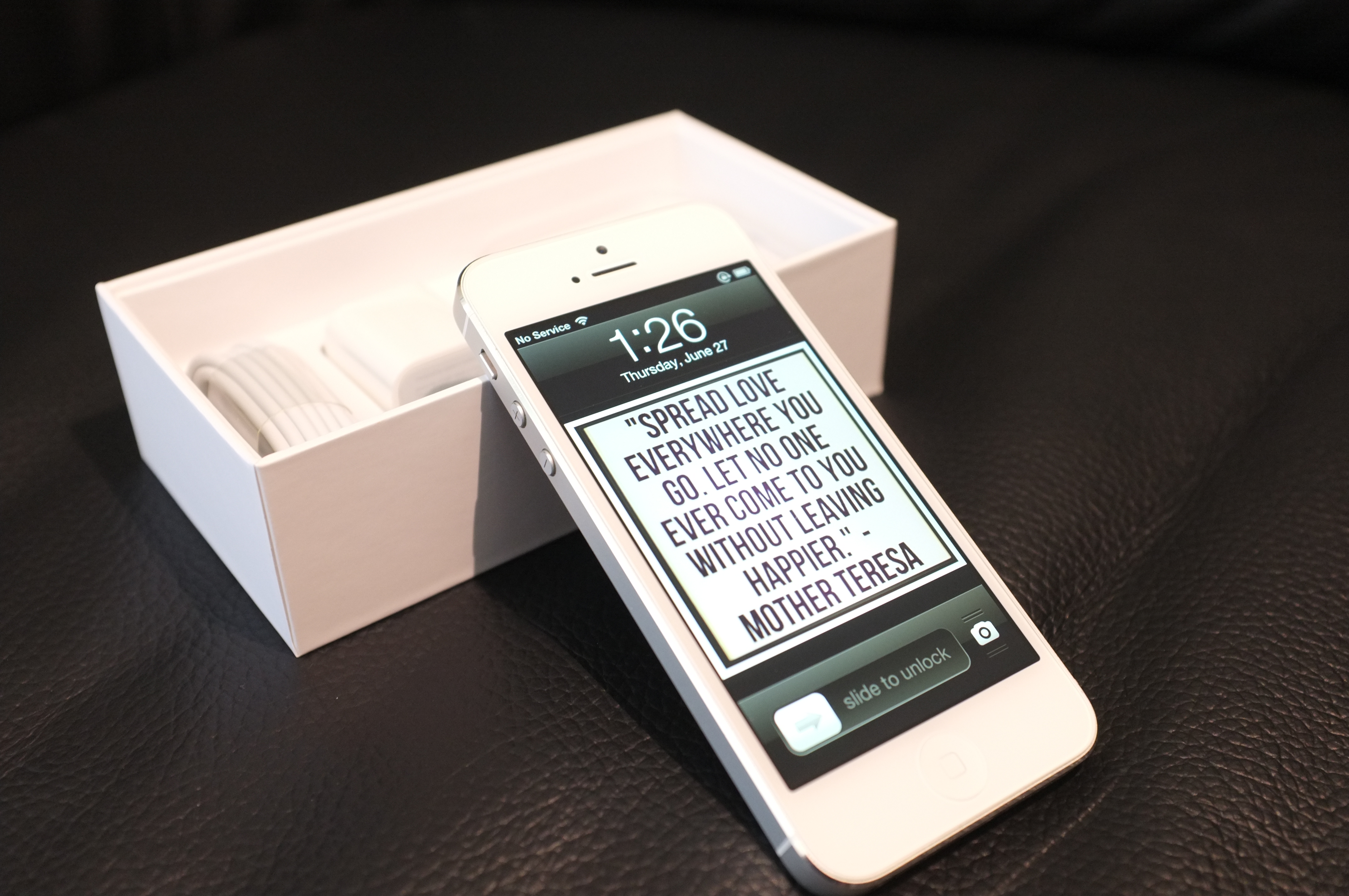
Who says iPhone isn’t inspirational, or aspirational? I shot this portrait of my daughter’s iPhone 5 on June 27, 2013, to accompany its Craigslist posting. If I rightly recall, we changed cellular carriers, promoting upgrades […]
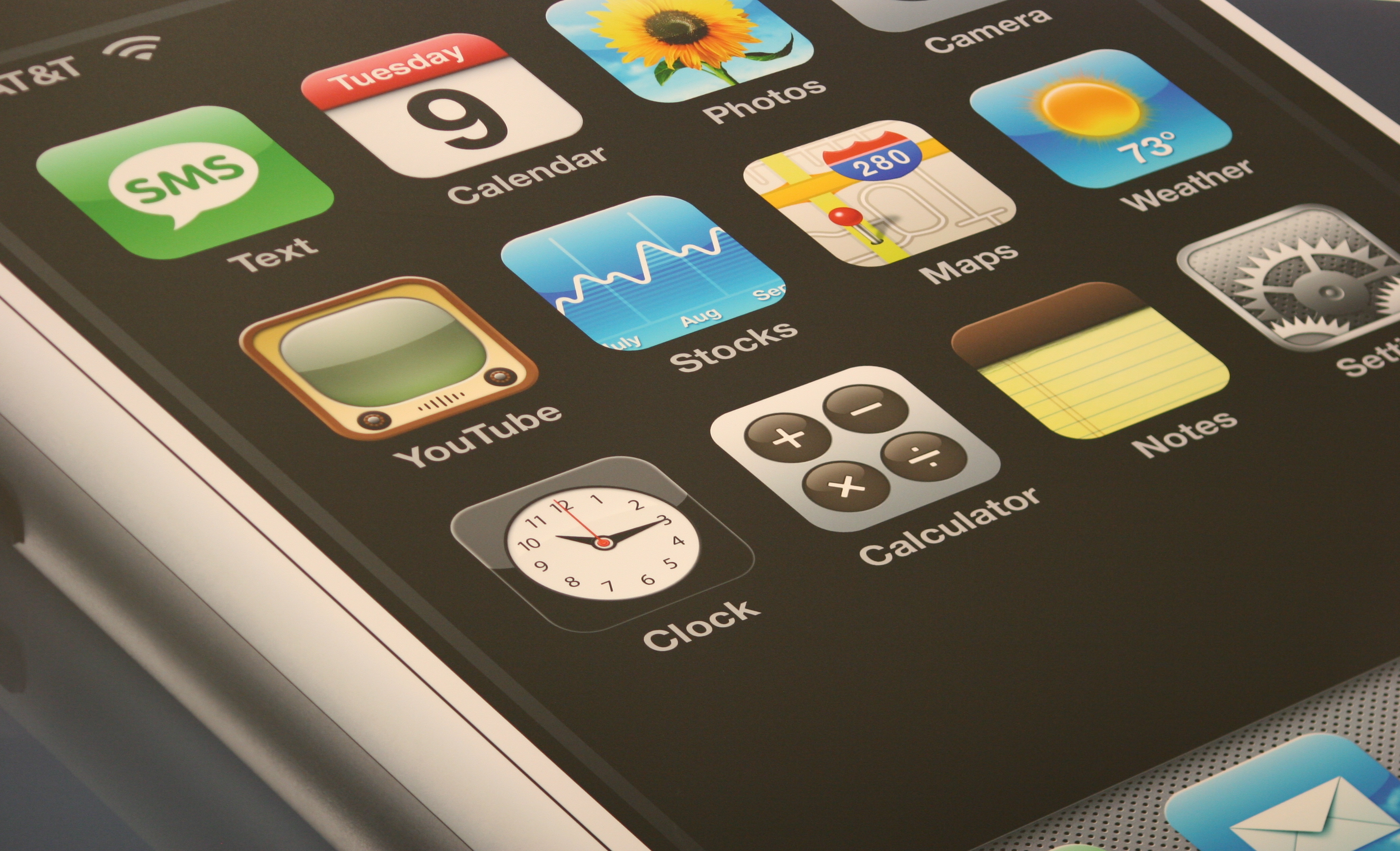
Today we arrive at the first of two 10-year anniversaries regarding iPhone: Steve Jobs unveiling the handset six months before its release—unusual for Apple’s then-CEO to pre-announce something, but necessary, with the federal regulatory rigmarole that cellular devices go through. Jobs and his management team brought the smartphone to market at great risk: Established and entrenched manufacturers, mainly Nokia, had huge distribution channels and massive amounts of research and development invested in their cellulars. iPhone debuted in one market (United States) and on a single carrier (AT&T, which concurrently rebranded). By most measures of business strategies: Insanity. But risk was a defining characteristic of Jobs’ leadership style running the company.
You will read many “state of iPhone” analyses and commentaries this week spotlighting slowing sales, as buying growth plateaus in major markets (China, Europe, and the United States) and observing that Android continues to gobble global market share. The problem with iPhone is something else, and it’s a metaphor for what’s desperately wrong at Apple as 2017 starts: Loss of innovative mindshare; obsession with an outdated design motif; unwillingness to take meaningful risks. The company’s fortunes rose with iPhone, and they will fall with it.

Many educators won’t agree, but perhaps students will: The PC, whether desktop or notebook, is obsolete in the classroom. This reality, if accepted for what it is, presents Apple opportunity to retake the K-12 market from Alphabet-subsidiary Google’s incursion and sudden success with Chromebook among U.S. schools. If the fruit-logo company doesn’t seize the moment, a competitor will—and almost certainly selling devices running Android.
Chromebook’s educational appeal is three-fold: low cost, manageability, and easy access to Google informational services. For buy-in price, and TCO, no Apple laptop or tablet running macOS or iOS, respectively, can compete. Think differently! Providing students any kind of computer is shortsighted, by narrowly presuming that schools, or their parents, must buy something. I suggest, in this time of budgetary constraints, that educators instead use what the kids already possess (or want to) and what they use easily and quickly: The smartphone.

Should I file this under “You get what you pay for?” Last year, my family switched from Verizon to T-Mobile, to save money and to get more benefits—like bigger buckets of data. But quantity doesn’t […]
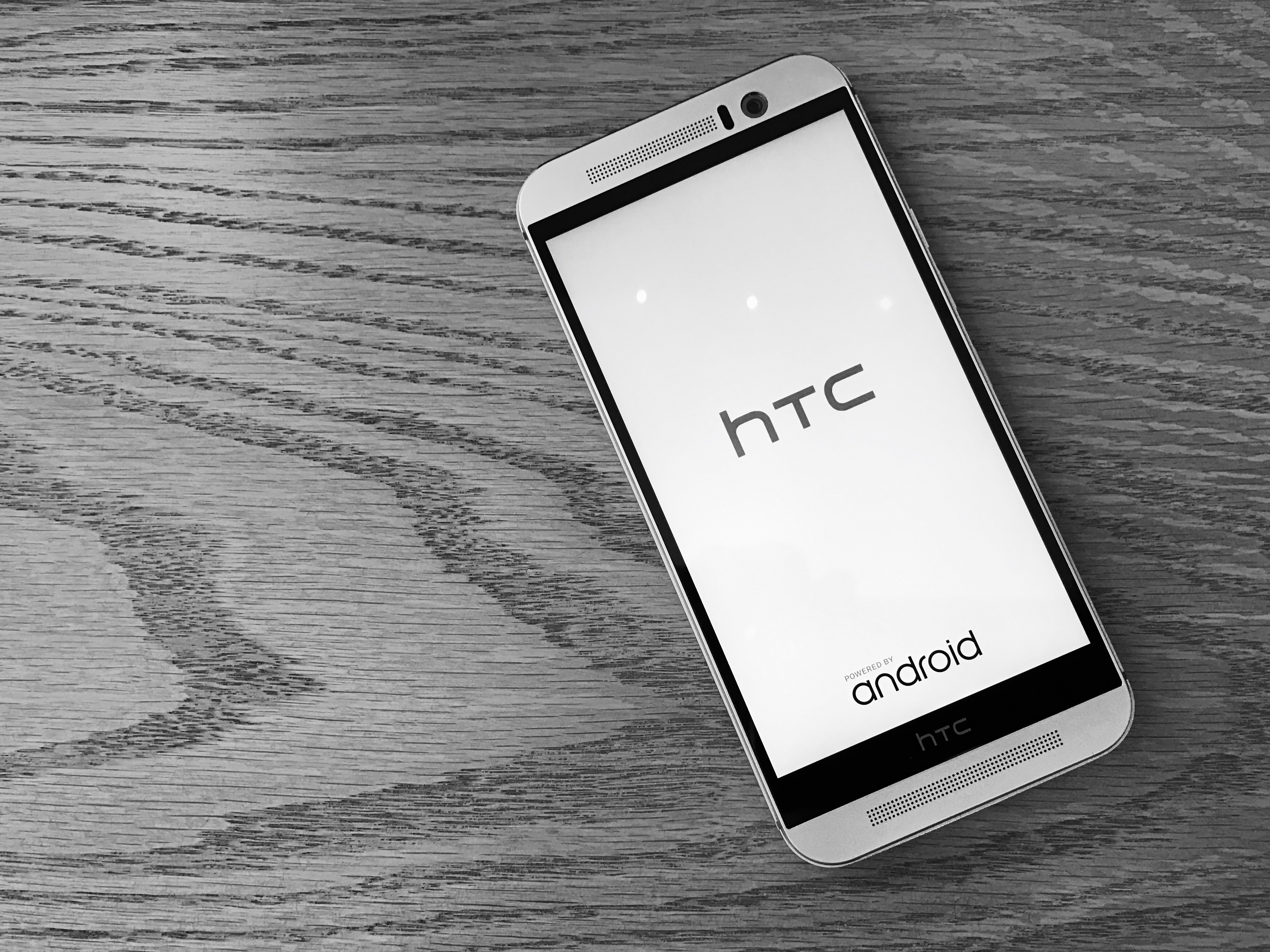
I sold my sister’s T-Mobile HTC One M9 today. Nan lives in Vermont, where Verizon delivers consistently better coverage and where the market for a used smartphone is much smaller than here in San Diego. The buyer had previously owned the Samsung Galaxy Note 7, which she really enjoyed. While waiting until late November or early December for her matte black iPhone 7 Plus order, the woman has a Samsung Galaxy J7 loaner and hates it. She is familiar with the M9 because her mom owns one.
This lady is the fifth person I’ve met in just a few days who had bought Note 7. They’re everywhere—and a sorry lot of disappointment, too. Every one switched to an iPhone. What? Has no one read reviews claiming Google’s Pixel handsets are the Android iPhones everyone waited for?
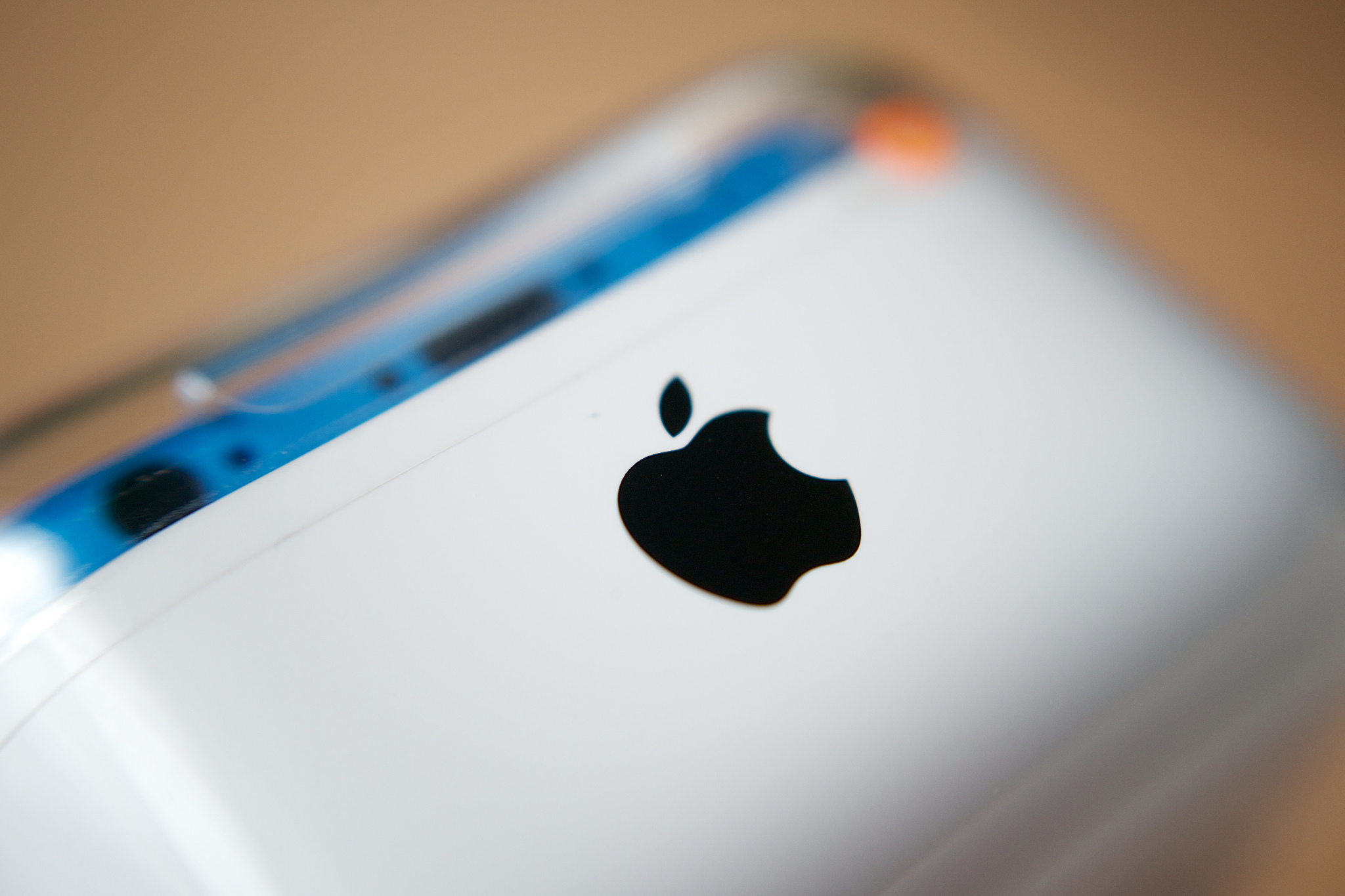
Washington Post reporter Hayley Tsukayama asks, following up on a commentary by software developer Marco Arment: “Is Apple really at the risk of becoming BlackBerry?“. The answer is absolutely “No”. But the concept is right. The fruit-logo company’s dire straight is much more profoundly catastrophic. The risk is becoming Nokia, and the path to that destination is already well-trodden.
Marco calls BlackBerry “king of smartphones”, referring to its market position before Apple released iPhone nine years ago in June. The description is apt enough. “BlackBerry’s success came to an end not because RIM started releasing worse smartphones, but because the new job of the smartphone shifted almost entirely outside of their capabilities, and it was too late to catch up”, he asserts. But smartphones were a niche category in 2007, so insignificant that analyst firms lumped the devices together with PDAs. iPhone’s disruption was far, far greater—Nokia lost its perennial global handset lead; for many of the reasons Marco identifies. Nokia, and not BlackBerry, is the metaphor, and it is frighteningly foreshadowing.
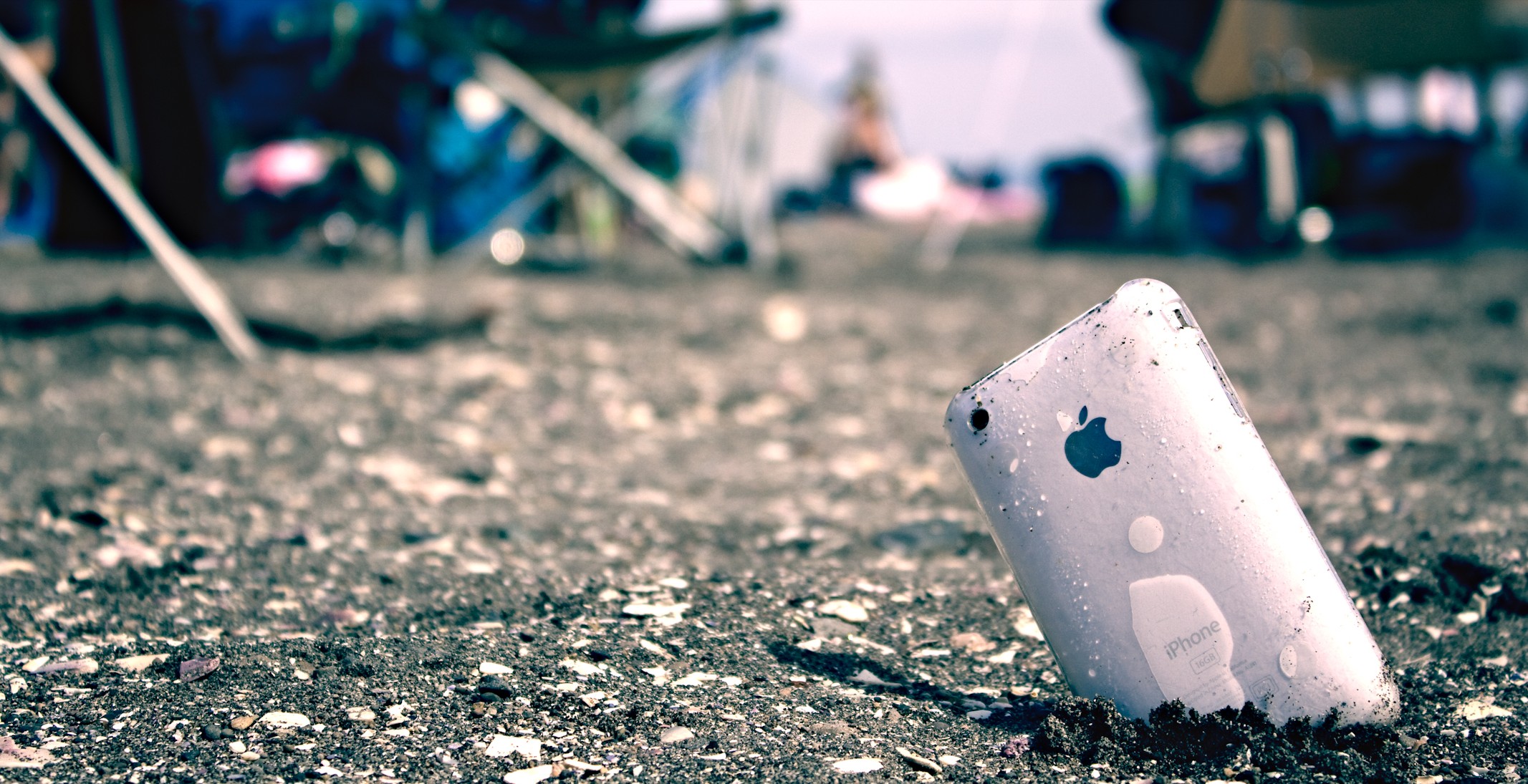
The spotlight shines on the world’s most-valuable company this fine Tuesday, as Apple revealed results for fiscal second quarter 2016. Wall Street expected the first revenue growth decline in more than a decade and iPhone’s first-ever sales retraction . Is the sky finally falling? Eh, not yet. But the sun slowly sets over the vast smartphone empire.
Ahead of today’s earnings announcement, Wall Street consensus put revenue down 10.4 percent year over year to $51.97 billion, with earnings per share down 14.2 percent to $2. Apple actual: $50.557 billion sales, $10.5 billion net income, and $1.90 EPS. Three months ago, the company told the Street to expect between $50 billion and $53 billion in sales. You read the numbers correctly: Apple uncharacteristically missed the Street’s targets and came in on the low end of its own guidance.

I see something disingenuous about Microsoft cofounder Bill Gates supporting the government’s demands that Apple selectively unlock an iPhone used by one of the San Bernardino, Calif. shooters. The former CEO turned philanthropist spoke to the Financial times in an interview posted today. The implications for Microsoft cannot be overstated, and the company’s current chief executive should state corporate policy.
Gates’ position aligns with the government’s: That this case is specific, and isolated, and that the demand would merely provide “access to information”. Here’s the thing: The interviewer asks Gates if he supports tech companies providing backdoors to their smartphones. The technologist deflects: “Nobody’s talking about a backdoor”. Media consultants teach publicly-facing officials to offer non-answers exactly like this one. The answer defines the narrative, not the interviewer’s question.

Over the weekend, my 94 year-old father-in-law asked what I would do to assure that every American who could vote would do so. That was an unexpected question, but one I addressed gingerly. This post is my answer restated for a public venue.
Simple answer: Smartphone. According to PewResearchCenter, nearly 70 percent of Americans own one of the devices, but the number among voting age adults tops 80 percent, according to other estimates. Surely a program could be in place by the 2020 Presidential race, and if lawmakers were truly serious about universal suffrage, a Manhattan-like project could make it happen by the next Mid-terms.